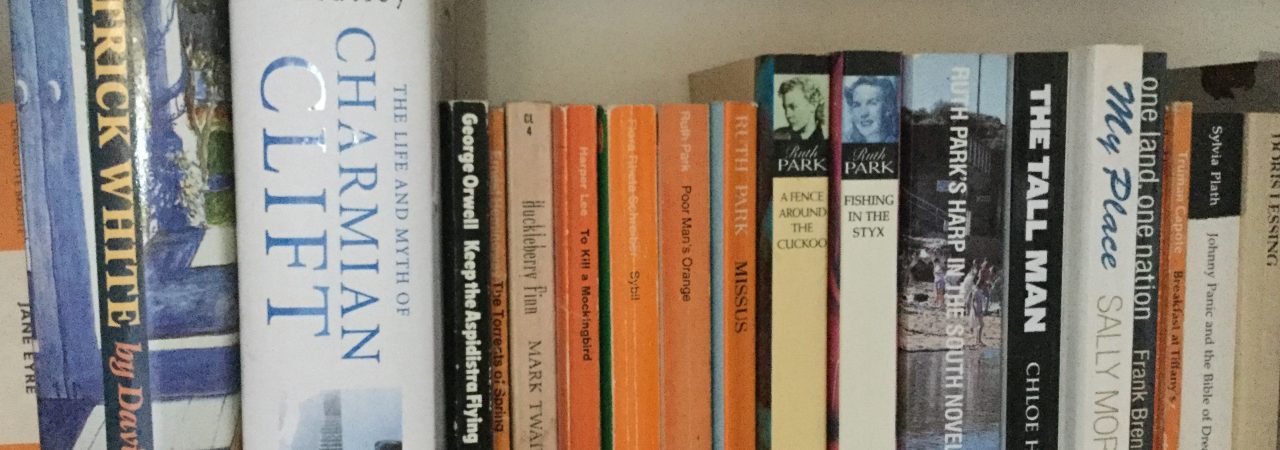Recently in his regular Weekend Australian Magazine article, broadcaster-journalist, Phillip Adams, cited some memorable openings from novels: “…Melville’s elemental ‘Call me Ishmael’; Austen’s elegant ‘It is a truth universally acknowledged that a single man in possession of a good fortune might be in want of a wife’;…Tolstoy’s ‘Happy families are all alike; every unhappy family is unhappy in its own way’”. And Charles Dickens from A Tale of Two Cities “…It was the best of times, it was the worst of times, it was the age of wisdom…the age of foolishness…the epoch of belief…the epoch of incredulity, it was the season of Light…the season of Darkness, it was the spring of hope, it was the winter of despair.”
An evocative book introduction will certainly capture reader interest right away. It’s hard to beat Chloe Hooper’s The Tall Man, its initial para poignantly setting a scene of sheer unfairness, deprivations, hardships and neglect endured by Australia’s indigenous people, everywhere, but specifically, on Palm Island: “Palm Island’s grimy air terminal was decorated with…local fourth-graders’ projects on safe and unsafe behaviour…[including]…‘I feel safe when I’m not being hunted’.” Keith Dunstan in No Brains at All somewhat tongue in cheek links having suffered hardships with possessing great writing ability: “It is much easier to write a novel or an autobiography if you have been miserable as a child, persecuted, tortured or banished…the Russians Dostoevsky, Tolstoy, Turgenev and Gogol remain the greatest writers…[and drew]…on their own emotional, anguished lives; they were also able to call upon the sufferings of their country…What a handicap it is to have been happy.” This theory seems borne out in Are you Somebody: The Life and Times of Nuala O’Faolain, where this highly-acclaimed Irish author explains her childhood: “I was born in Dublin in the middle of the twentieth century…[the world was more like]…an earlier century…I was one of nine children…among the teeming, penniless, anonymous Irish of the day.” Broadcaster-journalist, Richard Glover in Flesh Wounds is frank: “According to my mother, I was the first artificial insemination baby in Australia…[not]…IVF or test tubes…[it was] just about sperm and a turkey-baster”. Excerpts such as Mandy Sayer’s “I knew all the beer gardens in Sydney by the time I was eight” in Velocity and Graham Richardson’s Whatever It Takes introduction “By the time I was sixteen, I had learned more about politics from my parents, than most politicians learn in a lifetime”, certainly call out for further reading. Originally from Brisbane, musician Tex Perkins starts Tex amusingly “…I was onstage at the Lava Lounge in Melbourne telling our audience to stop hurling bottles at the rest of the guys in the band. If they wanted a target, then aim for the front man. And they did. And they hit me. Hard”, a contrast with the sombre start of musician-writer, Don Walker in Shots: “Poor Billy Keeper hangin’ in the barn, discovered on Empire Day, the afternoon making its long eventful way on to cracker night. In truth something hangs low over the grown-ups all day, like they all knew…” Annie Proulx’s Bird Cloud introduction “The cow-speckled landscape is an ashy gray color…flat pastureland…a rough country road…mostly dirt…mud…sagebrush…the occasional line of tumbled green alfalfa the only color in a drab world…”, sets the scene for a book centring on barren landscapes, wilderness, free-roaming wildlife, bald eagles, golden eagles, bluebirds, kestrels, natural history facts, and the hardships, setbacks and breakthroughs when constructing a home in the wilderness of Wyoming.
These books with inviting introductions are all worthwhile in their own way, and they certainly deliver rewards right to their final pages.
